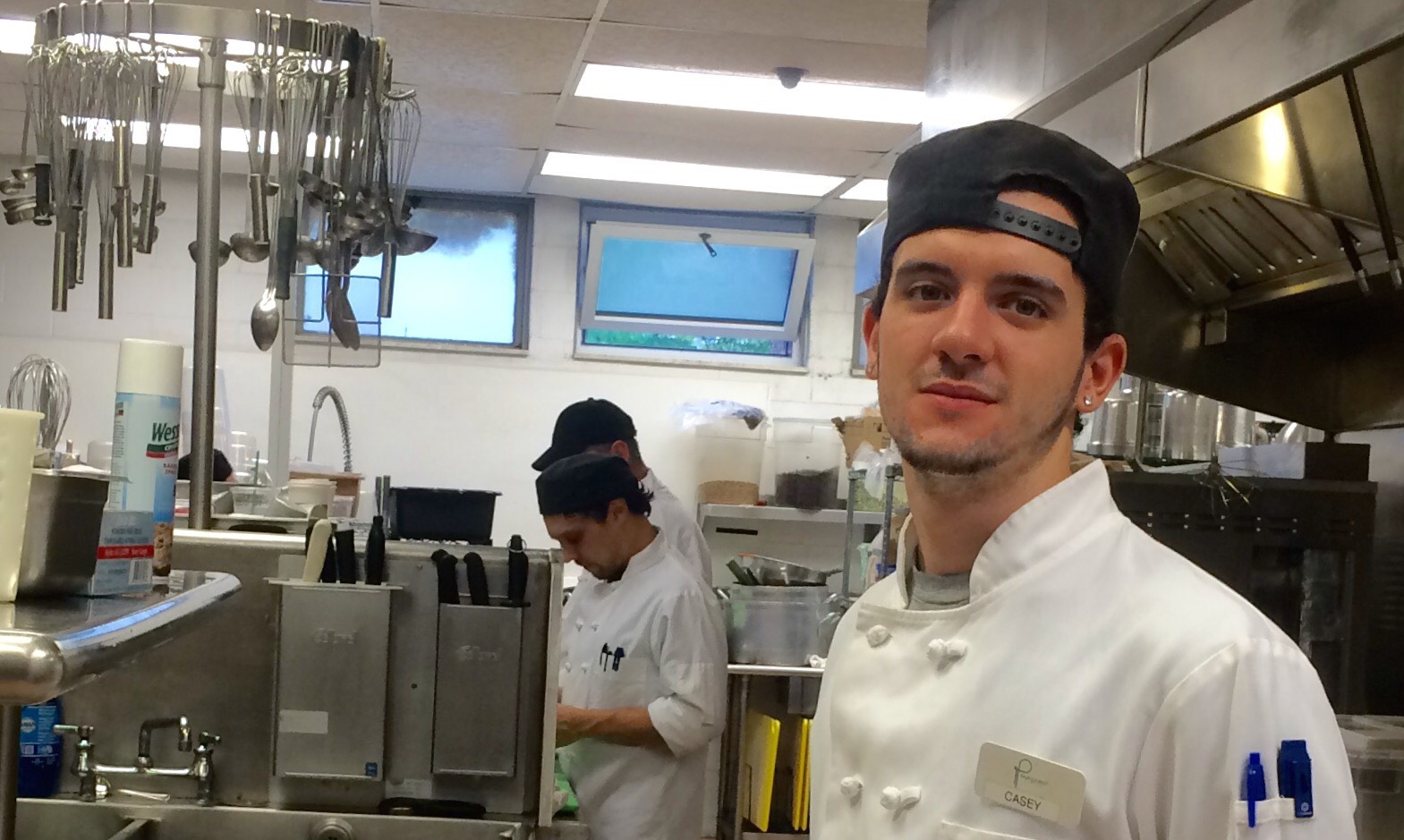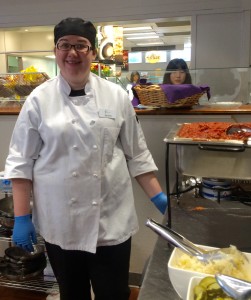I order out more than I’d like to admit. At this point, I even know the delivery guys’ names. The GrubHub app is my best friend at least once a week.
Unfortunately, Pittsburgh doesn’t have the greatest selection of delivery options. There are about 50 crappy pizza places, a couple vague Asian places, and maybe one Indian restaurant that delivers. Most of the food is pretty bad, or really average. It’s as if they make a restaurant specifically made for delivery and they know we have no options and they’ll make money no matter how bad they are.
Honestly, all of the pizza tastes the same, too. They all get their dough and sauce pre-made from the same food distributor. It drives me crazy that delivery places won’t take more pride in what they do.
Creative and quality food is still desired in a delivery setting. Don’t get me wrong, though, I still pay for the convenience of it all. Because I know we don’t all love to cook at home or go out and get something ourselves, I have made an official “Top 3 Delivery Joints in Pittsburgh” complete with different genres of food and my favorite dishes!
Thai Hana: This restaurant delivers Thai and Japanese food straight to your door. You can enjoy curry dishes, pad Thai, and lots and lots of sushi. They have never been late to deliver food, and they have never messed up one of my orders. One of my favorite dishes to have delivered would be their Spider Roll from their sushi menu. This sushi roll is made with tempura fried soft shell crab, asparagus, and avocado. I pretty much love any sushi that comes with tempura fried anything, though. Thai Hana’s sushi is delicious, and is as good as most places around Pittsburgh. If you are looking for the real deal with grade A fresh fish, this isn’t the place for you, but if you want some tasty sushi with spicy creamy sauce drizzled all over it, then this is your place! Their Basil Fried Rice is also on point, and I would even say possibly the best in the Burgh’s delivery world.
Beta Bites: Beta Bites is my favorite place for “healthy” delivery food. It has Moroccan influences throughout its menu, but also will deliver your usual wings and fries. If the restaurant is a Moroccan restaurant, though, order their Moroccan food. One of my favorite dishes from here is their falafel salad that is served with spinach, real creamy feta, and the usual other salad fixings. Their falafel isn’t the best (it’s a little dry), but it still tastes like falafel and that will do. It comes with five nice sized balls, and is definitely a great amount of food. The BEST dish on their menu is from the “hot bar” part of their menu. Any of the dishes from the hot bar are delicious, but I enjoy the chicken with a side of vegetables, lentils, and rice. This is a lot of food complete with three spiced chicken breasts and scoops of whatever side you pick. Other options for your sides include mac and cheese, and a white bean dish that is native to Morocco. Any of their food is delicious, though, but if it looks like it has Moroccan influences in the description, it is almost guaranteed to be good.
Genoas: Now, what makes Genoas so good is their consistency. They are open all day up until 2 a.m. on the weekdays and 3 a.m. on the weekends. This is perfect when you are hungry at home after a party or a long day. Their food is the usual Italian inspired delivery joint complete with pizzas, subs, and calzones. Their subs are huge, and you really can’t go wrong with a spicy Italian. Their jalapeno poppers are so tasty, and so are their Parmesan and garlic wings.



